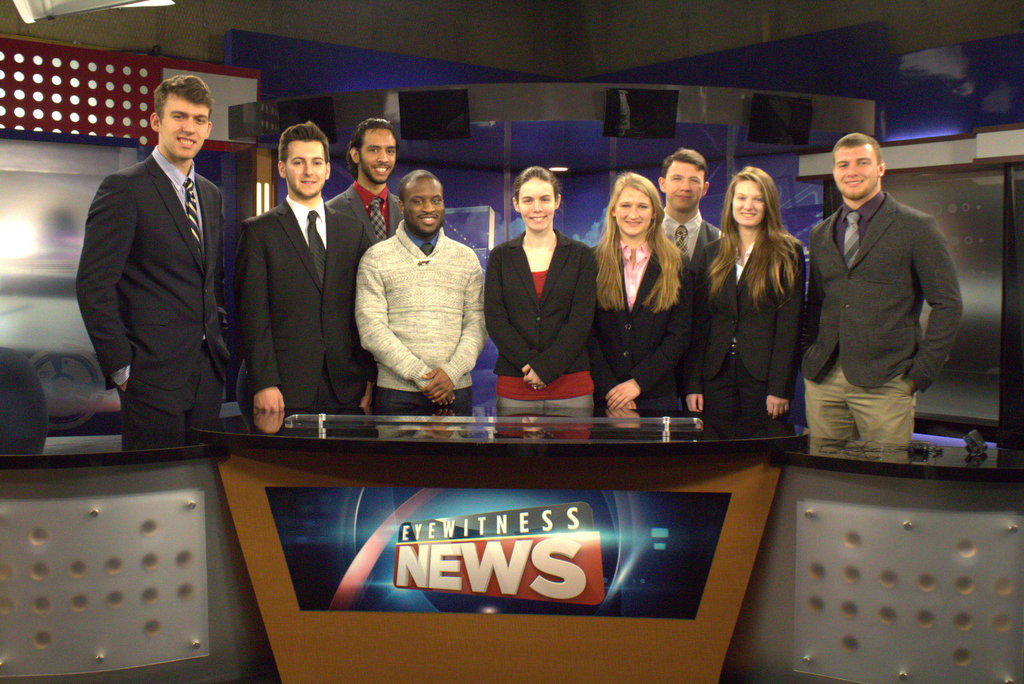There is a truly one-of-a-kind program that is marking its 37th anniversary of teaching Pennsylvania high school students (juniors and seniors) to both understand and celebrate why “free enterprise” is vital to the American way of life. Pennsylvania Free Enterprise Week (PFEW), internationally-acclaimed for its excellence, will host more than 2,200 students this coming summer in its exciting seven-day journey into the world of business. Participants will act the parts of senior management in modern-day companies that will face the same challenges that all American firms do and particularly those in Pennsylvania.
With our economy still “recovering” from one of the longest recessions in our history, teaching young people to understand and cherish our private enterprise system has never been more important. Said John Trombetta, president and CEO of PFEW’s parent organization, the Foundation for Free Enterprise Education, “All of the statistics show that the vast majority of young adults are woefully ill-informed about how the private sector works. These young people will soon take their places as leaders of our communities, our state and our nation. Teaching them to understand and appreciate the challenges that face all Pennsylvania businesses has never been more important.”
Each summer, PFEW holds five, one-week individual sessions in July and August. The focus of the week is to group the participants (strangers at first) into “management teams” of senior executives who have inherited imaginary “companies.” These teams, under the guiding hands of “executives-on-loan,” called Company Advisors, operate their firms for a computer-simulated three-year period of time. To add a sense of reality, they are competing against two other student “companies” manufacturing and distributing the same product. They work with balance sheets, statements of income, market share surveys, etc., etc., and must also react to a variety of external factors. Oil embargos, inflation, union strikes, are but a few of the “unknowns” that these young entrepreneurs must deal with as they operate their businesses. Sound familiar?
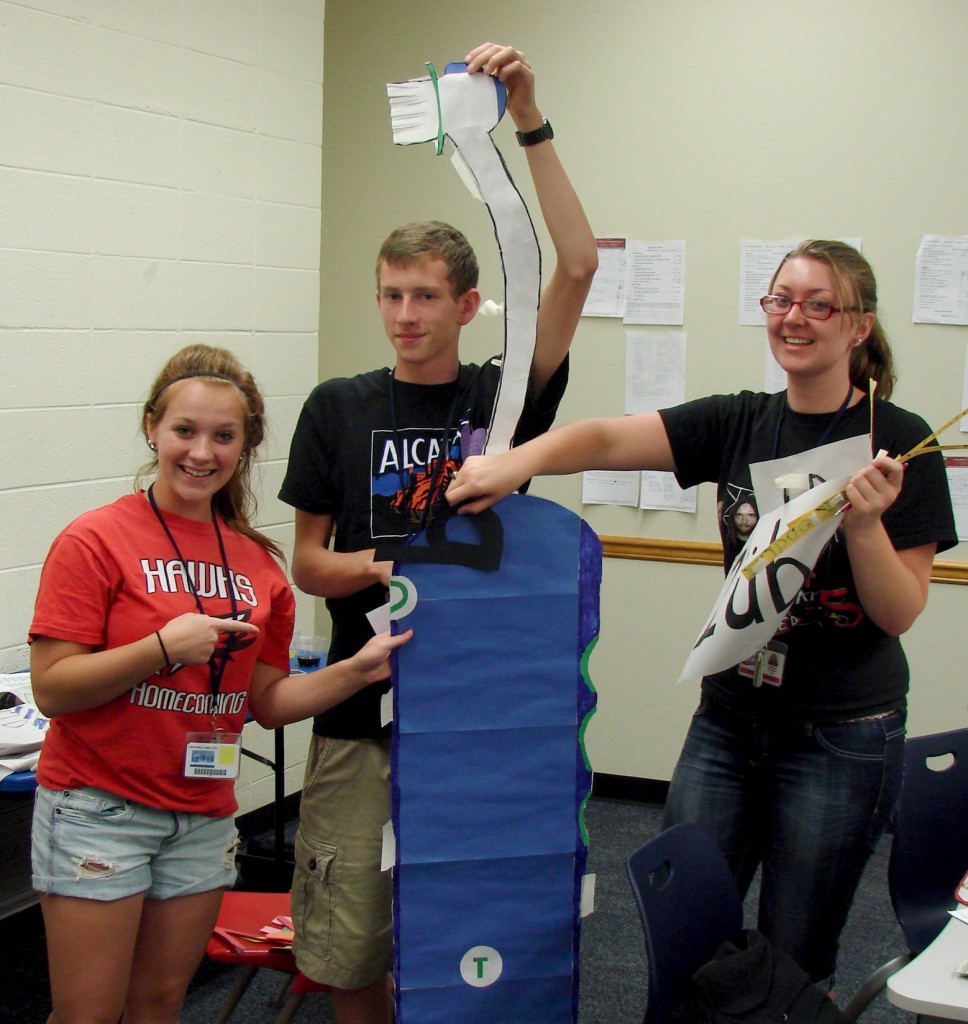
A PFEW marketing team takes a “time out” from working on their Marketing/Advertising Presentation for their company’s product.
PFEW is designed to give every participant, in broad brush strokes, an idea of what is germane and pertinent to the business world of today. Each day’s activities include presentations from world-class business people from a list that reads like who’s who in Pennsylvania. The students hear about: Business and Finance, the Role and Relationship of Business and Government, Taxation, Business Ethics, Labor Relations, and much, much more. Is it effective? Said Cade Emlet from Altoona Area High School in Blair County, “I am at a loss for words to express how grateful I am to have attended Pennsylvania Free Enterprise Week on a scholarship. Every moment I have spent here I will look back upon in years to come and smile. I learned so much in such a short time, but everything I learned will be incredibly valuable. This has not been any old summer camp, nor has it been a simple lesson in business; this has been the experience of a lifetime. Everyone deserves a chance to attend this astounding program!”
The Chamber is proud to support PFEW to give our local students an eye-opening experience like Cade described. We encourage our local companies and civic organizations to provide sponsorships for our students and, if possible, volunteers for the sessions. (PFEW is completely a product of the private sector.) Every student attends PFEW on a fully tax-deductible $575 scholarship (the actual value of the scholarship exceeds $1,500) which is provided by a local firm. Each student wears the name of their sponsor throughout the week and also corresponds with his or her sponsor following graduation to report on what they learned. PFEW is also an approved organization through the PA Educational Improvement Tax Credit (EITC) program through the Department of Community and Economic Development.
If you would like to learn more about this award-winning program and how you can help, you can visit their website at www.pfew.org or contact John Trombetta, President of the Foundation for Free Enterprise Education at (814) 833-9576 ext. 106 or e-mail him at john@pfew.org. PFEW is open to all current sophomores and juniors in Pennsylvania and information on attendance, as well as program applications, can also be found on the website. Questions can be directed to Ms. Amber Goss, Schools Assistant for PFEW, by calling her office at (814) 833-9576 ext. 103 or emailing her at amber@pfew.org.


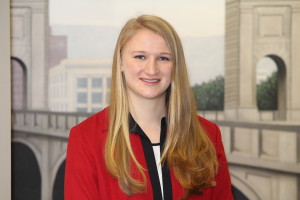

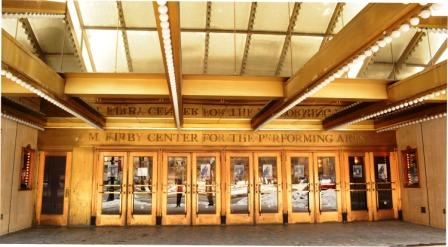
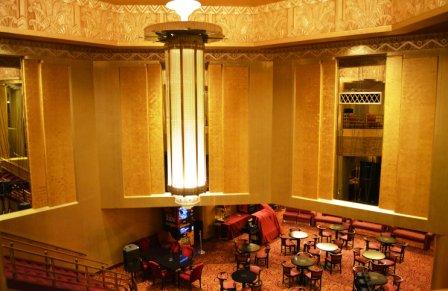
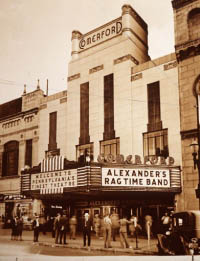
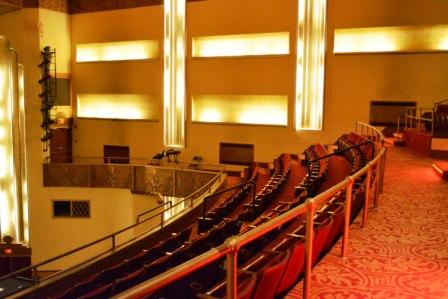
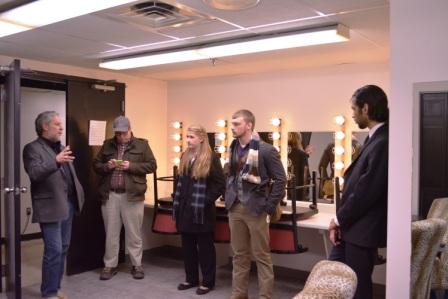
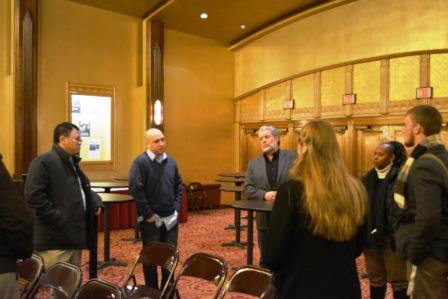
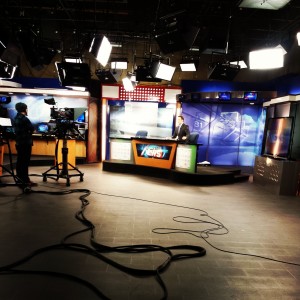 Greater Wilkes-Barre Chamber of Commerce interns had the outstanding opportunity to recently tour the
Greater Wilkes-Barre Chamber of Commerce interns had the outstanding opportunity to recently tour the 